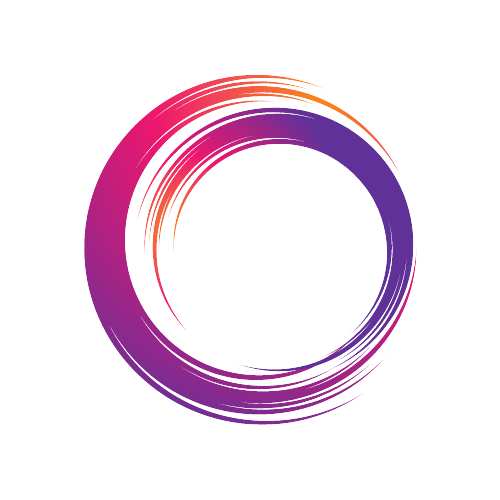Inclusive environments are critical to fostering fairness and accessibility across educational institutions, workplaces, and communities. Disability awareness courses present a valuable opportunity to enhance understanding, challenge stereotypes, and promote a culture that supports individuals of all abilities. For organisations and professionals in sectors like education, HR, and advocacy, these trainings represent an essential step in the wider pursuit of equity and inclusion.
Creating Inclusive Spaces
Disability awareness training plays a pivotal role in nurturing inclusive environments where everyone feels valued and respected. Such courses equip participants with the tools to identify and eliminate barriers—whether physical, cultural, or attitudinal—that individuals with disabilities may encounter. Participants often leave with a deeper appreciation for the diversity of abilities, as well as a commitment to fostering better access and participation for everyone.
For educational institutions, these courses help provide an environment where students of all abilities can reach their full potential. Workplaces, on the other hand, benefit by creating conditions where employees feel understood and empowered, resulting in improved morale and productivity. Community groups, similarly, gain insights that can help break down misconceptions and create support systems that uplift individuals.
The Benefits of Disability Awareness Training
Disability awareness training extends far beyond mere compliance with laws or policies. It cultivates a mindset that values inclusivity as a strength rather than an obligation. A trained workforce or student body demonstrates greater understanding, empathy, and respect when interacting with individuals with disabilities. This improvement in communication and interpersonal skills helps break down stigmas and creates opportunities for individuals to thrive in both academic and professional environments.
Furthermore, these courses help organisations meet legal and moral obligations. Societies worldwide are increasingly holding institutions accountable for providing equitable access to education and work for people of all abilities. By investing in disability awareness courses, organisations uphold their responsibilities while also fostering trust and credibility among employees, students, and the wider community.
Choosing and Implementing the Right Course
Selecting an effective disability awareness programme requires careful consideration. The most impactful courses are those rooted in real-world experiences and practical applications. It’s important to choose courses that strike a balance between theory and actionable strategies, steering clear of overly abstract content that fails to resonate with learners.
When introducing such training, it is likewise important to adopt a phased approach. Conduct initial assessments to identify specific gaps in awareness or sensitivity, and then implement courses that address those gaps methodically. Regularly evaluating outcomes and gathering feedback also ensures that the training remains relevant and impactful over time.
Future Trends in Disability Awareness
Disability awareness is no longer confined to simple classroom sessions. Advancements in technology, such as immersive simulations and virtual reality, are shaping how participants engage with these concepts. Interactive scenarios allow learners to step into the shoes of individuals with disabilities, deepening their empathetic understanding. Meanwhile, the focus on intersectionality—as in understanding how disability intersects with other identity factors such as race and gender—is pushing the discourse into new, nuanced territories.
Final Thoughts
Disability awareness courses are indispensable for creating environments where individuals of all abilities can thrive. These programs go beyond simply meeting legal compliance requirements; they empower organisations to genuinely embody the inclusive values they strive to uphold. By raising awareness and equipping participants with practical tools to understand and address the challenges faced by people with disabilities, these courses pave the way for greater empathy and collaboration. For HR professionals, educational leaders, and disability advocates, investing in such training is not just a box-ticking exercise; it is a meaningful step toward fostering fairness, accessibility, and improved communication in society. Moreover, these initiatives help break down stereotypes, promote diverse perspectives, and ultimately create workplaces and communities where everyone feels valued and supported.

